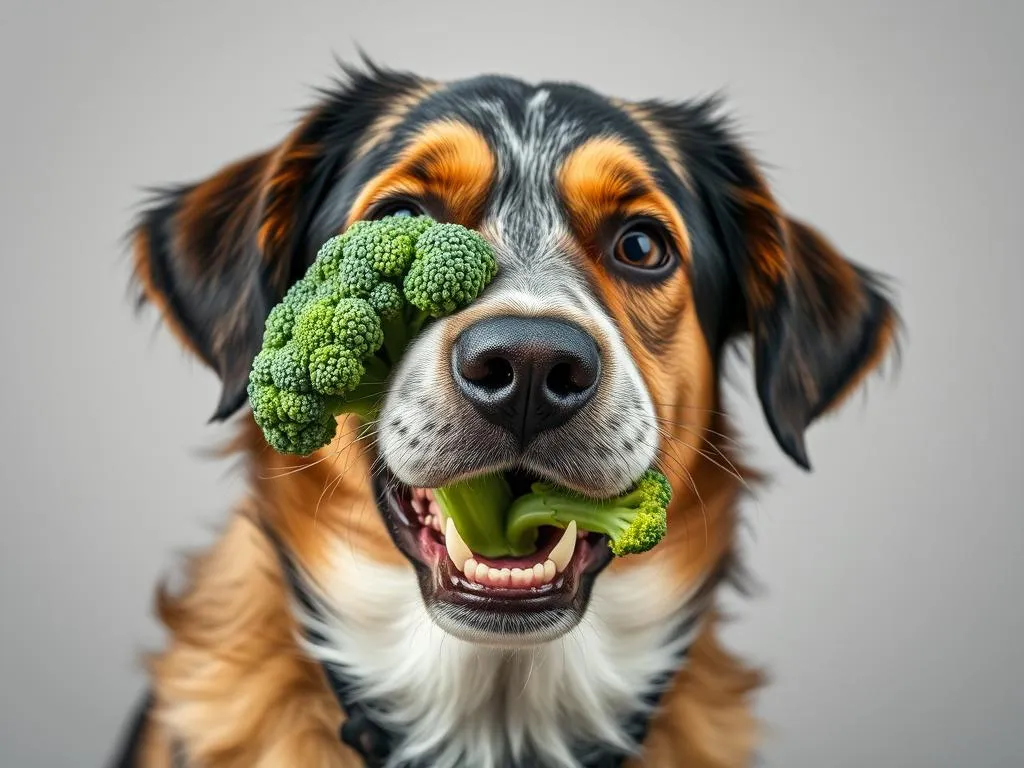
Understanding the intricacies of dog nutrition is essential for any pet owner. The right diet can mean the difference between a healthy, happy dog and one that suffers from various health issues. A balanced diet is crucial, providing dogs with the necessary nutrients to thrive.
Understanding Canine Nutrition
Importance of Nutrition for Dogs
Nutrition plays a vital role in a dog’s overall health and well-being. Just like humans, dogs require a balanced diet to maintain energy levels, support their immune system, and sustain their day-to-day activities. A dog’s behavior can often be linked to their diet; a well-nourished dog is typically more energetic and less prone to behavioral issues.
Nutritional Requirements of Dogs
Dogs need a variety of essential nutrients for optimal health. These include:
- Proteins: Essential for growth and repair of tissues.
- Fats: Provide energy and support cell structure.
- Carbohydrates: Offer energy and aid in digestion.
- Vitamins: Support various bodily functions and maintain immune health.
- Minerals: Important for bone health and other physiological functions.
It’s important to note that a dog’s nutritional needs can vary based on their age, breed, and activity level. Puppies require more protein and calories for growth, while older dogs may need fewer calories to maintain a healthy weight.
Broccoli: Nutritional Profile
Nutritional Benefits of Broccoli for Dogs
When asking can dogs eat broccoli, it’s essential to understand the nutritional profile of this green vegetable. Broccoli is:
- Rich in Vitamins: It contains vitamins C, K, and A, which are essential for immune function and overall health.
- High in Fiber: This aids digestion and can help prevent constipation.
- Low in Calories: A great option for dogs that need to maintain or lose weight.
- Antioxidant Properties: Helps combat oxidative stress and may reduce the risk of chronic diseases.
Potential Risks of Feeding Broccoli to Dogs
While there are numerous benefits, it’s also essential to be aware of the potential risks associated with feeding broccoli to dogs:
- Digestive Issues: Some dogs may experience gas or bloating after consuming broccoli, especially if they are not used to it.
- Toxicity in Large Amounts: Broccoli contains isothiocyanates, which can be toxic in excessive quantities. Generally, small amounts are safe, but moderation is key.
- Individual Sensitivities: Not all dogs react the same way to broccoli; some may have allergies or sensitivities.
Can Dogs Eat Broccoli?
Safe Serving Sizes
When considering if dogs can eat broccoli, the serving size is crucial. The recommended portion depends on the dog’s size:
- Small Dogs: A few small florets or about one tablespoon of chopped broccoli.
- Medium Dogs: Up to half a cup of chopped broccoli.
- Large Dogs: Up to one cup of chopped broccoli.
Preparation and Serving Suggestions
To safely introduce broccoli into your dog’s diet, consider the following preparation methods:
- Steamed: This method preserves the nutrients while making it easier on your dog’s digestive system.
- Raw: Some dogs enjoy raw broccoli; just ensure it is chopped into small pieces to prevent choking.
You can serve broccoli by mixing it with regular food or offering it as a treat.
Observing Your Dog’s Reaction
After introducing broccoli, monitor your dog for any adverse reactions. Signs to watch for include:
- Vomiting: Occasional vomiting can occur if the dog eats too much or is not used to vegetables.
- Diarrhea: If your dog experiences diarrhea, it may indicate an intolerance or that they consumed too much.
If you observe any concerning signs, it’s best to consult a veterinarian.
Broccoli vs. Other Vegetables
Comparisons with Common Vegetables
When considering which vegetables are safe and beneficial for dogs, it’s helpful to compare broccoli to others. Here are some common vegetables and their benefits:
- Carrots: High in beta-carotene, good for vision and skin health.
- Peas: Packed with vitamins and minerals; a good source of protein.
- Spinach: Rich in iron and antioxidants but should be fed in moderation due to oxalic acid.
How to Incorporate Vegetables into Your Dog’s Diet
Incorporating vegetables into your dog’s diet can enhance their nutritional intake. Here are some tips:
- Mix with Regular Food: Add small amounts of chopped vegetables to your dog’s kibble.
- Homemade Dog Food Recipes: Consider preparing meals that include a variety of vegetables. For example, a mix of chicken, brown rice, and broccoli can be a nutritious meal.
General Guidelines for Dog Nutrition
Choosing the Right Dog Food
Selecting appropriate dog food is essential for maintaining a balanced diet. Consider the following types:
- Dry Kibble: Convenient and can help with dental health.
- Wet Food: Often more palatable and hydrating.
- Raw Diet: Many pet owners choose raw diets for their dogs, although this requires careful planning to ensure nutritional balance.
When reading labels, look for high-quality ingredients. The first ingredient should ideally be a source of protein, such as meat or fish.
Supplements and Treats
Some dogs may benefit from additional supplements, particularly if they have specific health concerns. Always consult your veterinarian before introducing any supplements.
For treats, opt for healthy options like:
- Carrot Sticks
- Apple Slices (without seeds)
- Commercially available dog treats with natural ingredients
Moderation is key, as treats should not exceed 10% of your dog’s total daily caloric intake.
Frequently Asked Questions (FAQs)
Can all dogs eat broccoli?
Most dogs can eat broccoli in moderation. However, individual sensitivities may vary, so it’s essential to monitor your dog after introducing it.
How much broccoli is safe for dogs?
The safe amount of broccoli depends on your dog’s size. For small dogs, a few small florets are sufficient, while larger dogs can have up to one cup.
What other vegetables can dogs eat?
Dogs can safely consume various vegetables such as carrots, peas, spinach, zucchini, and sweet potatoes. Always prepare them appropriately and introduce new vegetables gradually.
Are there any dogs that should avoid broccoli?
Dogs with certain digestive issues or those that are prone to gas may need to avoid broccoli. Always consult with a veterinarian if you’re unsure about your dog’s specific dietary needs.
Conclusion
In summary, understanding dog nutrition is crucial for maintaining your furry friend’s health and well-being. Broccoli can be a healthy addition to their diet when introduced correctly and in moderation. Always keep an eye on your dog’s reaction to new foods and consult with your veterinarian for tailored advice.
Incorporating vegetables like broccoli not only enhances your dog’s diet but also engages them with varied textures and flavors. Ultimately, a balanced diet will contribute to a happier, healthier life for your canine companion.









